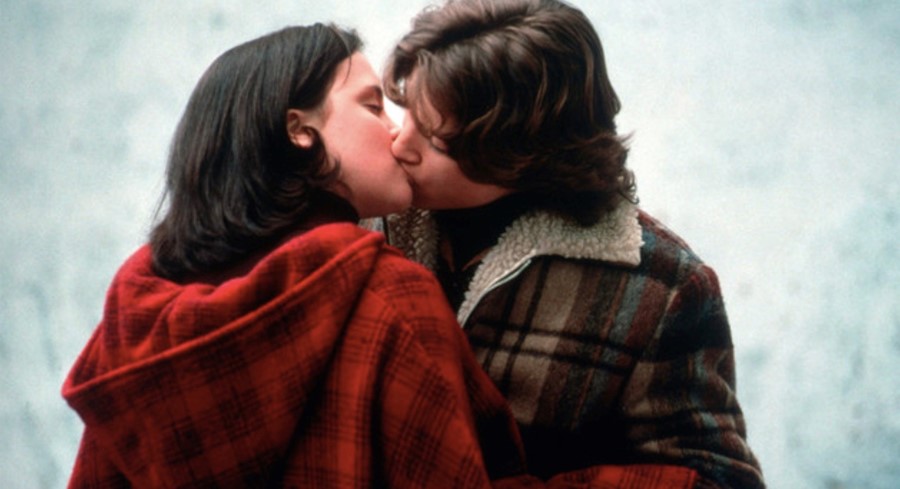The bleakest season of the year plays out beautifully on screen – as showcased in these captivating, cold-weather movies
Winter is made for curling up into cinema, when outdoors the elements are torrential and huddling under a blanket with the gas turned up full-bore is the only sane option. It’s a season that looks great on film, the bleak beauty of its extremity echoing the darker sides of the soul. These are months for the elegant and serious, but also the brutally sardonic, because there’s no wit as wicked as winter’s. Here are ten seasonal delights to chase the drear away on duvet days.
The Ice Storm, 1994
It’s Thanksgiving break and a winter storm is brewing in a woody suburb of Connecticut in Ang Lee’s acerbic 70s-set The Ice Storm, an adaptation of a novel by Rick Moody. The tumultuous weather echoes the restless sexual tension of the affluent but quietly desperate residents. The emotional undertow of their marital infidelities threatens to spill over at a wife-swapping “key party”, a game symptomatic of the sexual revolution having hit the yuppie classes. As disaster looms, the younger generation are no less conflicted, their sexual experimentations seeming to signal approaching passage into an adult world of nothing but confusion.
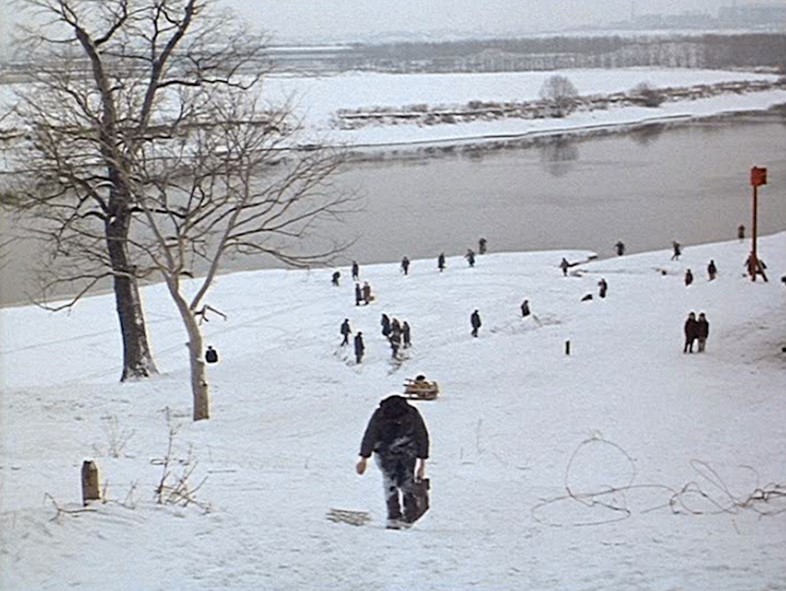
Mirror, 1975
The Hunters in the Snow by Pieter Bruegel has to be one of the most beautiful, iconic winter scenes in oil painting with its bare trees, murky air and the downtrodden trudging of hunters and their dogs on their way home in the bitter cold. Russian directing great Andrei Tarkovsky, who saw sublime poetry in the elemental grandeur of nature, echoed the painting in a winter scene above a frozen valley in his masterpiece Mirror, an autobiographical assemblage of memory fragments that unfolds with the logic of a dream. The painting also hangs on the wall of the space station in his eerie sci-fi Solaris, where explorers are haunted by a nostalgia for Earth.
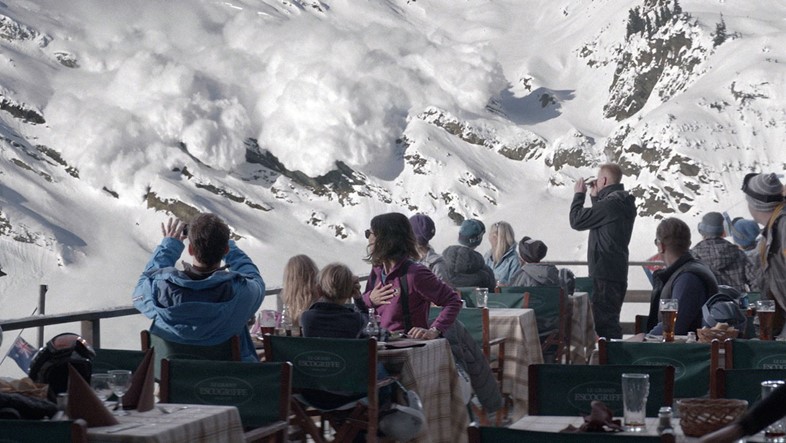
Force Majeure, 2014
A ski-ing holiday in the Swiss Alps is part of a predictable life of comfortable privilege for a well-off Swedish couple and their two young children, until an avalanche tests their complacent trust. “Force majeure” is a contract clause that frees parties from liability during an extraordinary chance occurrence - but Tomas (Johannes Kuhnke) and his immature ego are not getting off so lightly when his instinctive, less-than-heroic reaction to the shock event calls into question what kind of man he really is. The cosy hotel can’t insulate against emotional freeze in this wickedly funny marital satire by Ruben Östlund, which is perfect for winter, but less so for a first date.
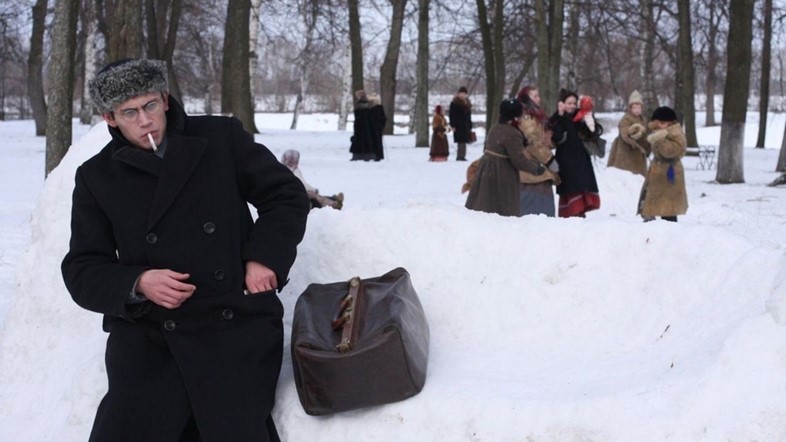
Morphine, 2008
A young doctor in 1917 gets posted to the arse-end of beyond to grapple with his own inexperience and a gruelling roster of difficult operations in Morphine, Alexei Balabanov’s blackly comical, deliriously gory adaptation of a collection of semi-autobiographical stories by Russian literary great Mikhail Bulgakov. The isolation of the village is compounded by the depths of a blizzard-heavy winter. After the doctor takes a morphine injection, he gets hooked on availing himself of his own supplies in a snowballing loss of control that echoes the tumultuous elements.
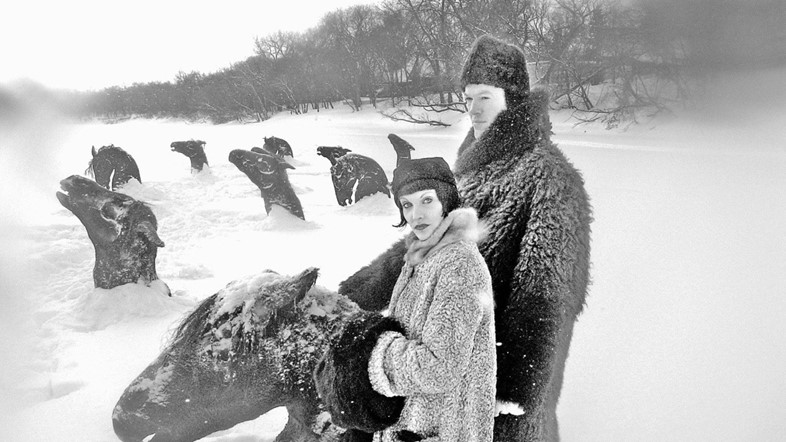
My Winnipeg, 2007
When Guy Maddin was commissioned to make a film about his hometown, his producer said: “Don’t give me the frozen hellhole everyone knows that Winnipeg is.” Through the lens of his surrealist imagination, his 'docu-fantasia' was always going to be as charming as it is bizarre and irreverent. He rented his childhood home and enlisted actors to play his family, intertwining history and spurious 'facts' about Winnipeg with his own memories. Darcy Fehr plays Maddin himself, a man trying to “film his way out” of the city. In this sleepwalking capital of the world all inhabitants carry around the keys to their former homes in case they return while dreaming, and the heads of horses perished in a river reappear each winter as ghostly visions in the ice.
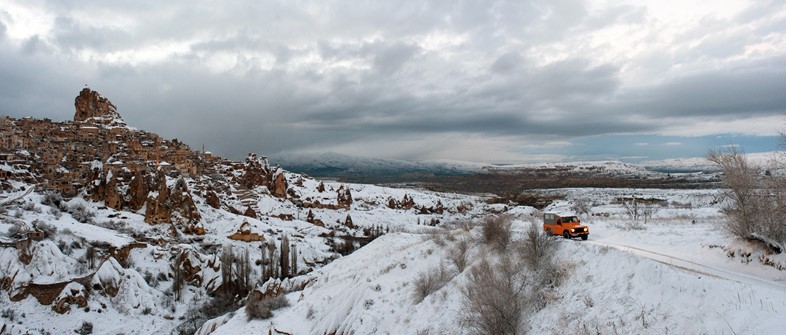
A Winter Sleep, 2014
A self-involved former actor runs a small hotel in central Turkey while insulating himself from real emotional investment in those around him in Nuri Bilge Ceylan’s Palme d’Or-winner, which was inspired by an Anton Chekhov story. As the guests depart and winter hits with heavy snowfall, the hotel becomes the nucleus for simmering tensions between Aydin (Haluk Bilginer) and his young wife (Melisa Sözen) to spill over. A long and sprawling film filled with psychologically revealing dialogue, Winter Sleep lets our understanding of its characters build gradually with slow-burn elegance.
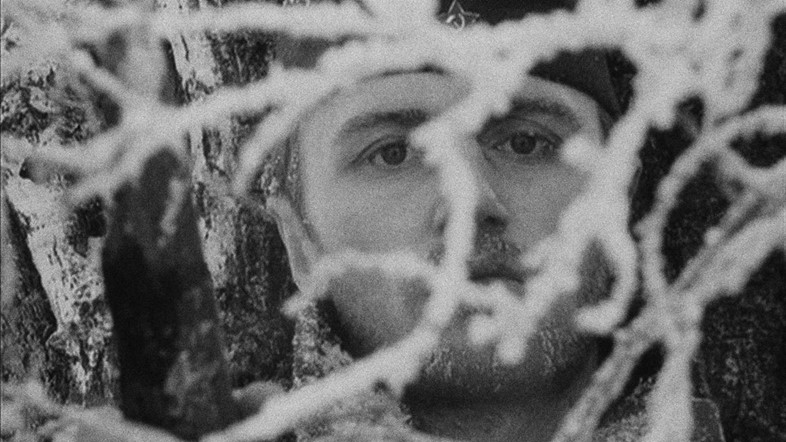
The Ascent, 1977
Deep snow and temperatures below minus 40°C were the punishing shooting conditions of Soviet-era masterpiece The Ascent, which presents an extreme world of handsome martyrs with snow-coated lashes and Judas-figures quick to sell out their allegiances. It’s brutal winter in wartime Belarus, and partisan rebels struggle to retain their idealism as they try to survive while German fascists close in. Stunningly shot in black and white, the film shows Ukrainian director Larisa Shepitko at the height of her bold vision. Filming conditions were so harsh she came down with jaundice, but refused to pause and directed some sequences from a stretcher.
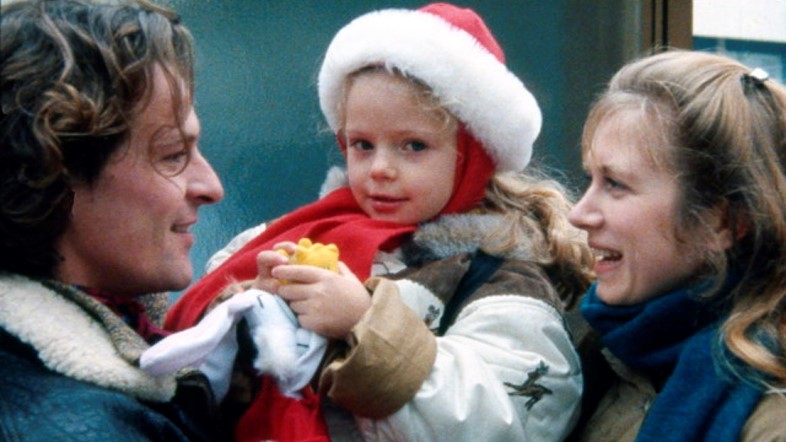
A Tale Of Winter, 1992
The second of French New Wave auteur Eric Rohmer’s 'Tales of the Four Seasons' turns on chance and serendipity, as with many of his romances. Hairdresser Felicie (Charlotte Véry) falls for a trainee chef on her holidays and they have a whirlwind courtship, but it’s pre-Facebook days and due to a mistake in giving out her contact details they have no way to reach each other after. While she dates other men, five years on she is still hopelessly in love with her vacation hook-up Charles (Frédéric van den Driessche) – especially as she is now raising his daughter. But she’s not about to give up on her stubborn faith in destiny.
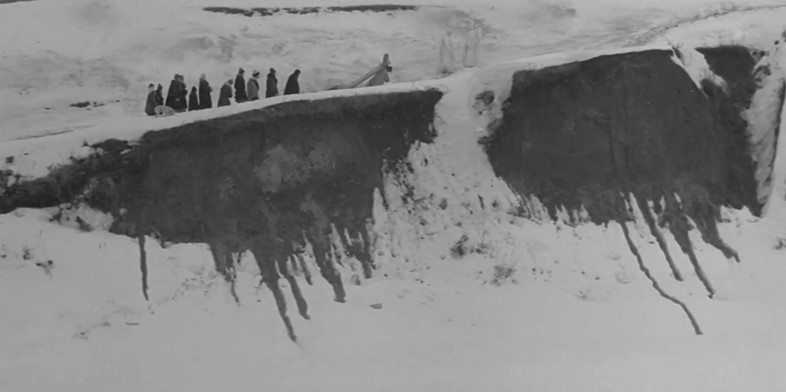
Marketa Lazarová, 1967
František Vláčil’s eerie, darkly intense poetic epic Marketa Lazarová has some of the most powerful winter nature imagery to be found on film, from a pack of wolves alert in a landscape thick with snow, to black crows silhouetted on bare branches. Considered by many the greatest Czech film ever made, its medieval world is as magically strange as it is brutally predatory, and depicts a time when Pagan rituals co-existed in tension with Christianity. Marketa (Magda Vášáryová) is set to become a nun when she is kidnapped by marauding pillagers from a rival clan and held hostage, drastically redirecting her fate.
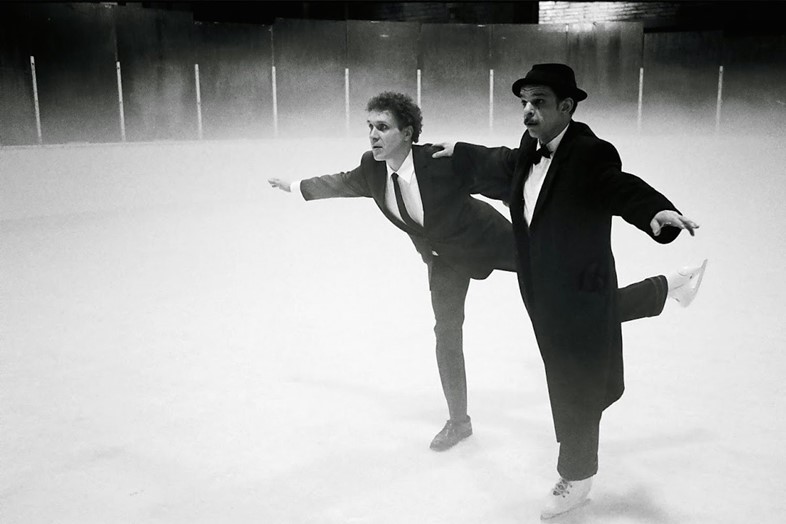
The Temptation Of St. Tony, 2009
The Temptation of St. Tony opens with a quote from Dante’s Inferno: “Once in the middle of my life, I found myself in a forest dark”. The confounded soul in this film by Estonia’s most gifted director Veiko Õunpuu is a factory manager (Taavi Eelmaa) in existential meltdown over his role in the brutal machinery of modern life, who is gripped by surreal visions in a film of stunning black-and-white visual elegance and sardonic wit. The movie's hinterland gloom, echoes of torment-heavy medievalism (its title comes from a Hieronymous Bosch triptych of ascetic trials) and snowy, unnurturing expanses are for winter moods through and through.
